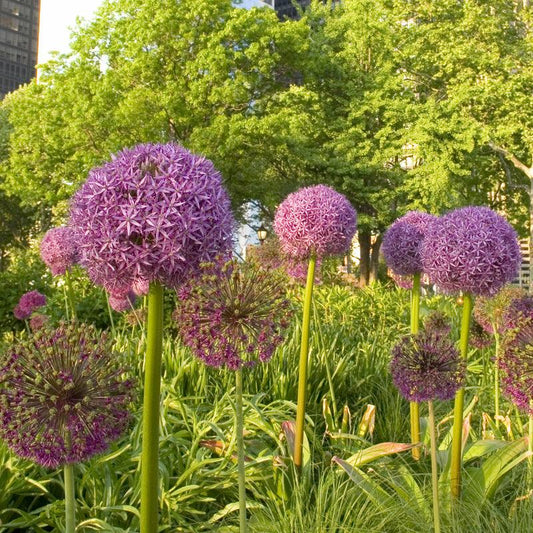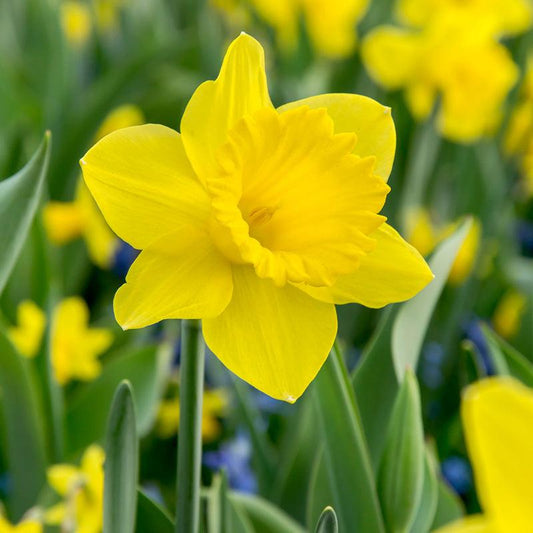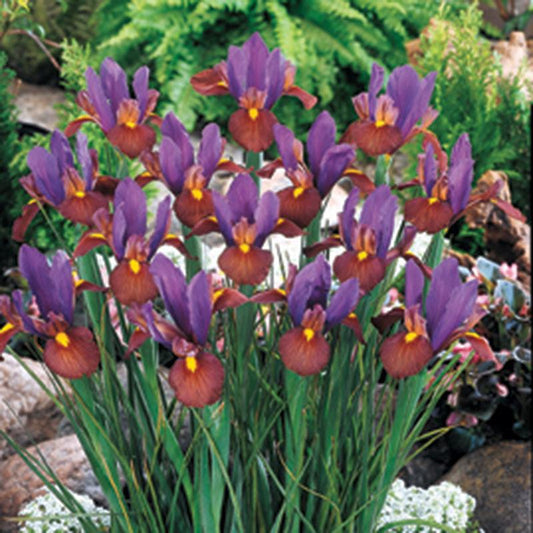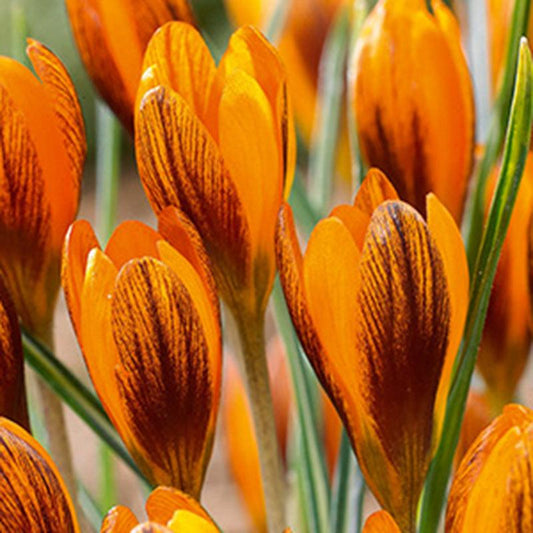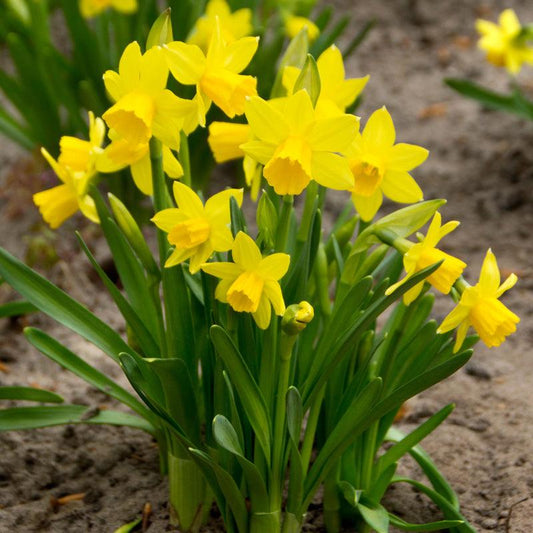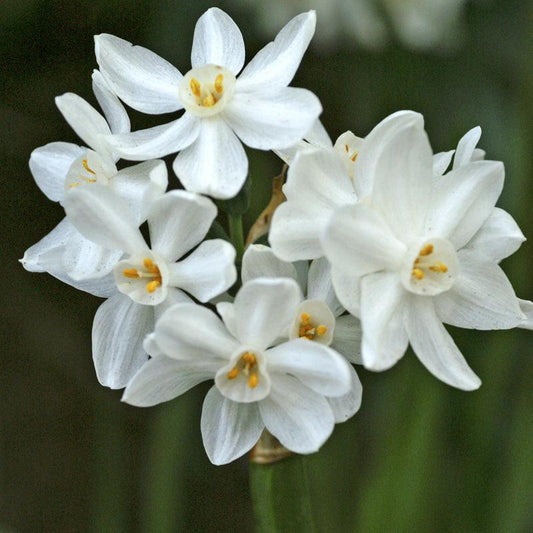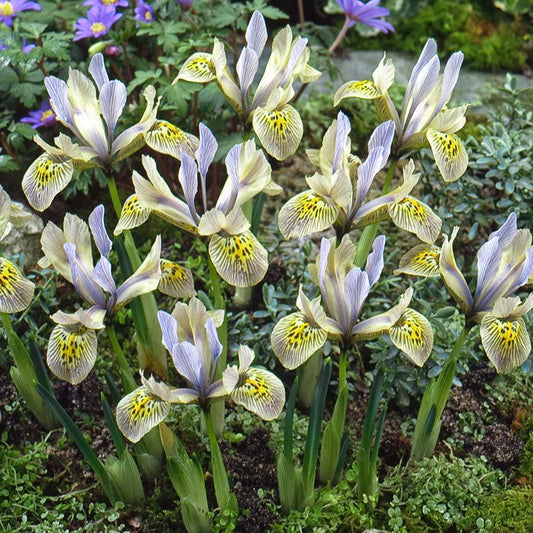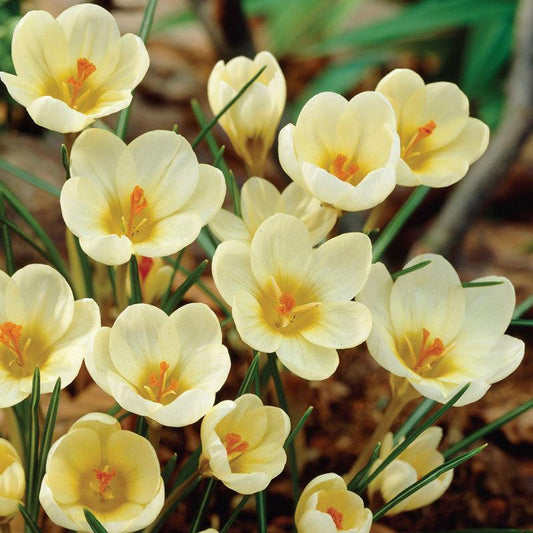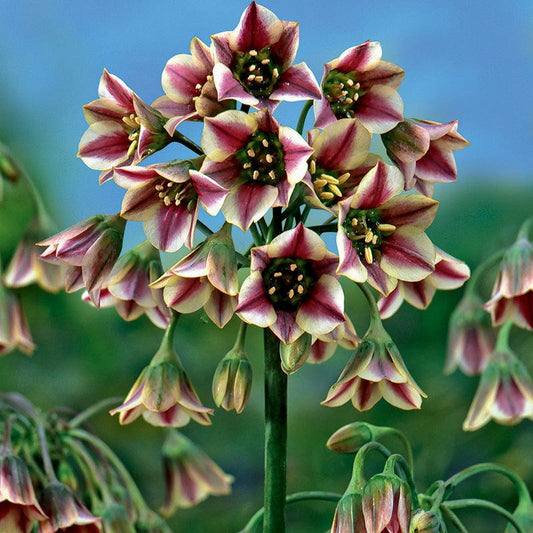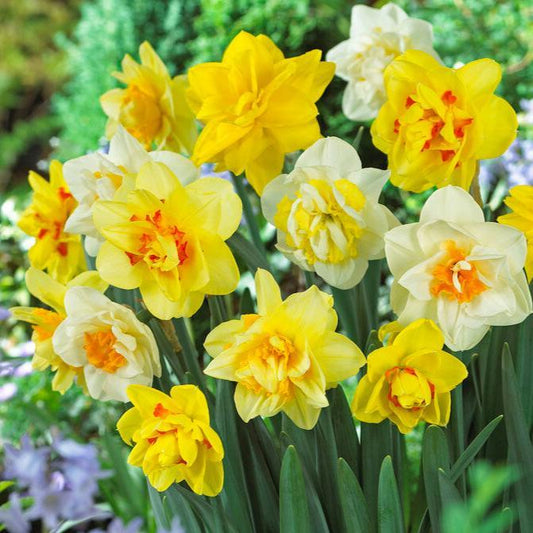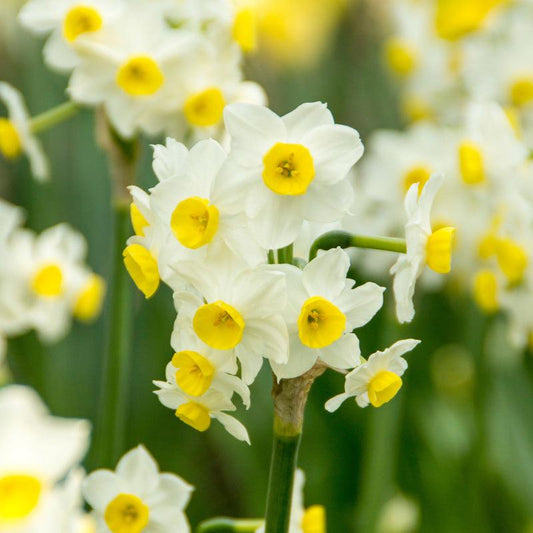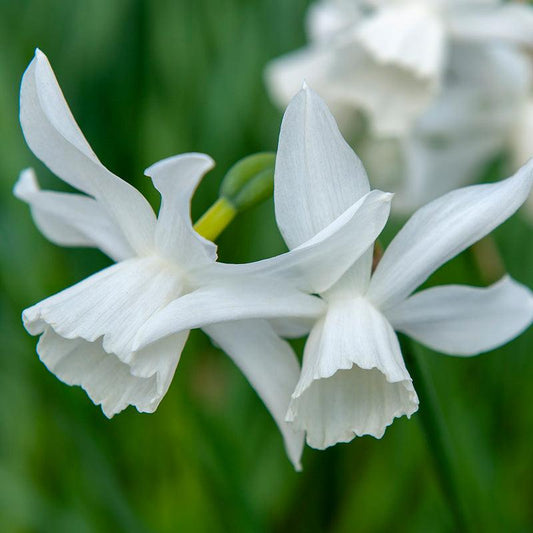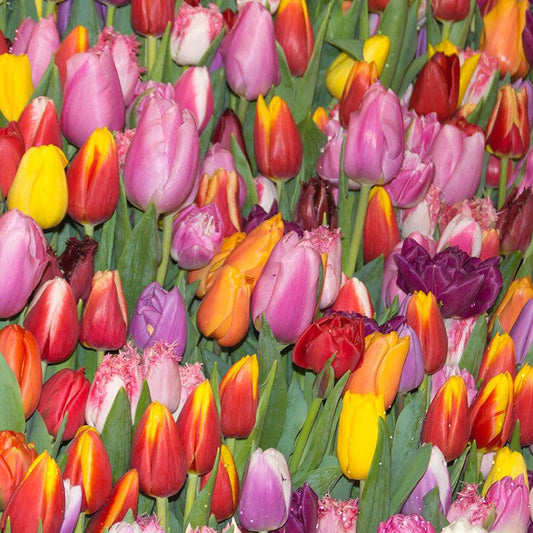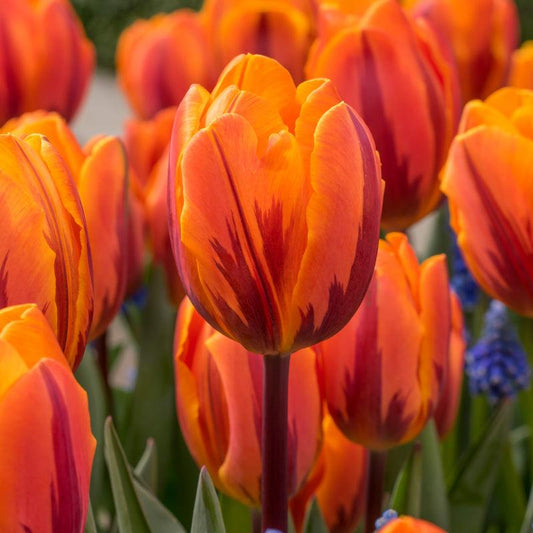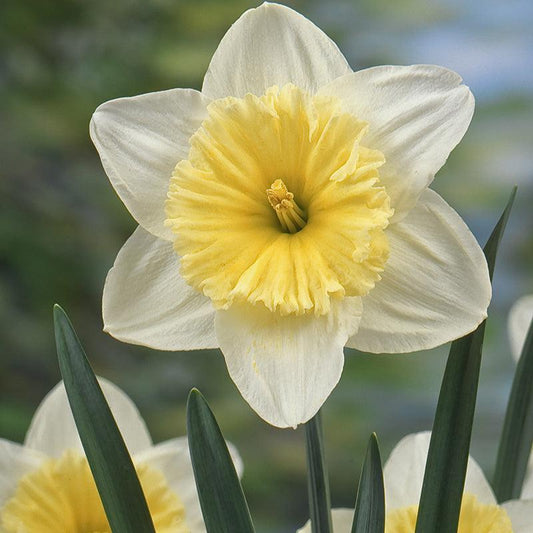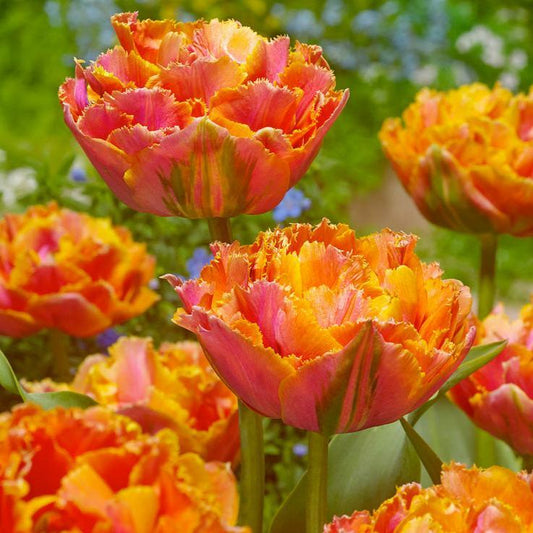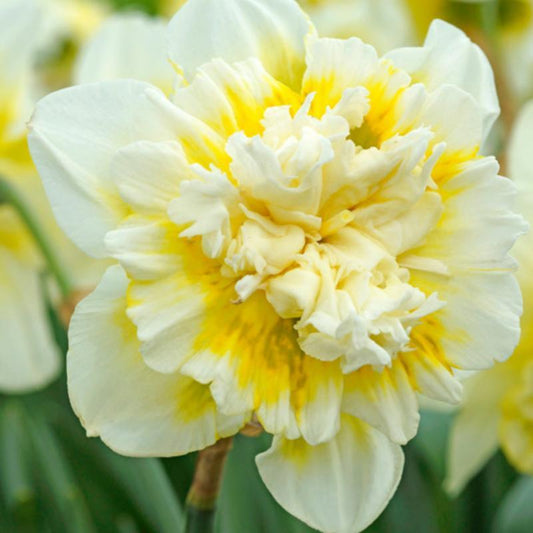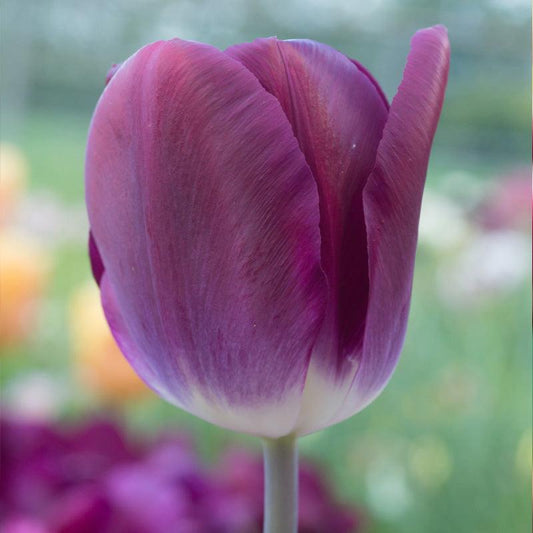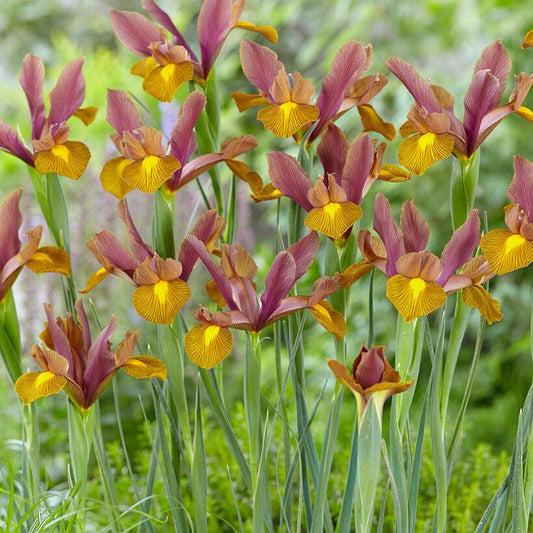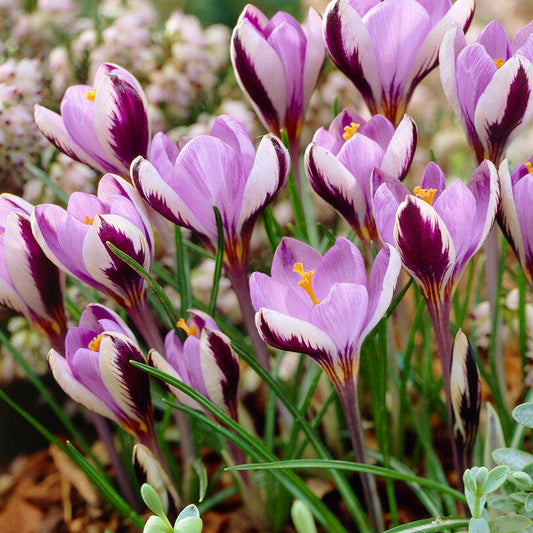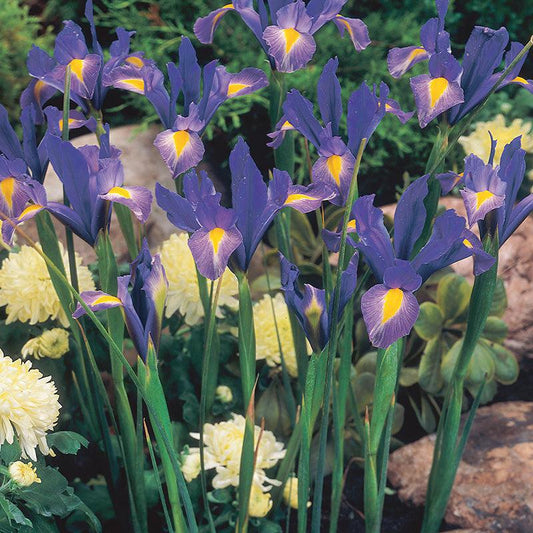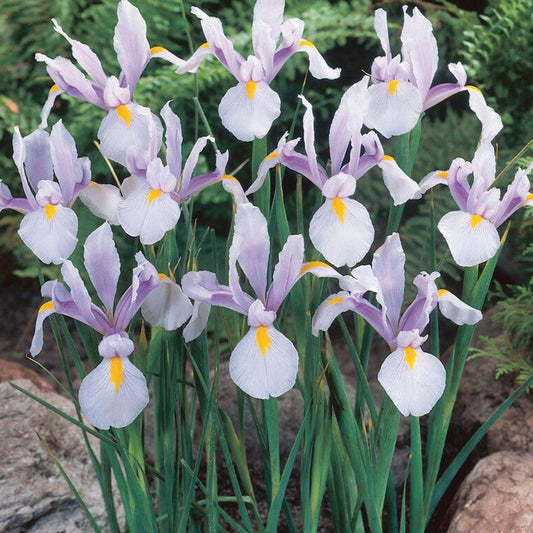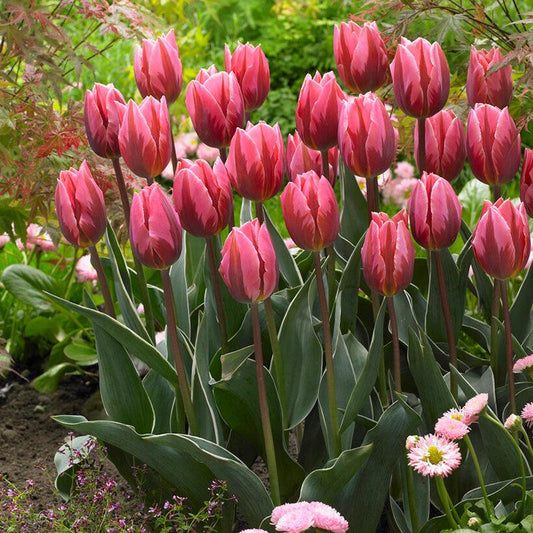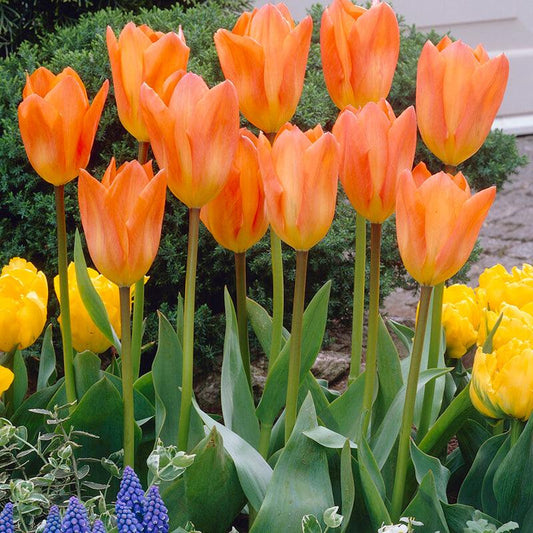Collection: Flower Bulbs - for Spring and Summer Blooms
Growing Flower Bulbs: A Guide to Beautiful Blooms
Flower bulbs, such as tulips and daffodils, are known for their vibrant colors and the joy they bring to gardens each spring. These easy-to-grow plants add elegance and charm to any outdoor space. With our selection of premium flower bulbs, you can create a breathtaking garden that will bloom beautifully each year. Explore our collection of spring-flowering bulbs and start planting today to enjoy a vibrant and colorful garden all season long.
Choosing the Right Bulbs:
- Tulips and daffodils: These popular spring-blooming bulbs come in a variety of colors and sizes, making them versatile choices for gardeners.
- Fall flowers: Opt for bulbs that bloom in the spring, providing a burst of color after the winter months.
- Bulbs for sale: Explore local nurseries or online stores to find a diverse selection of bulbs for your garden.
- Fall planted bulbs: Plan to plant your bulbs in the fall to allow them to establish roots before winter.
Planting Process:
- Plant in fall: Fall is the ideal time to plant flower bulbs. The soil is still warm, allowing bulbs to establish strong roots before winter.
- Full sun: Choose a location that receives full sun for the majority of the day to ensure optimal growth and blooming.
- Well-drained soil: Bulbs prefer well-drained soil to prevent waterlogging, which can lead to bulb rot.
- Bulbs in the fall: Dig a hole at the recommended depth for each type of bulb. Place bulbs in the hole with the pointed end facing upward and cover with soil.
- Spring blooming bulbs: Enjoy a vibrant display of colors in your garden when these bulbs bloom in spring.
Care and Maintenance:
- Bloom time: Different bulbs have different bloom times. Plan your garden layout to create a sequence of blooming flowers throughout the spring season.
- Daffodils, hyacinths: Experiment with a variety of bulbs, such as daffodils and hyacinths, to create a diverse and visually appealing garden.
- Ground freezes: Once planted, water the bulbs thoroughly. This helps them settle in and develop roots before the ground freezes.
- Easy to grow: Flower bulbs are generally low-maintenance and easy to grow. Once established, they require minimal care.
Tips for Success:
- Consider layering bulbs at different depths to maximize space and create a dynamic display.
- Avoid planting bulbs in areas with poor drainage, as this can lead to bulb rot.
- Use compost or well-rotted manure when planting to provide essential nutrients for bulb development.
- Protect newly planted bulbs from pests by covering the area with a layer of mulch.
- If you're unsure about the suitability of your soil, conduct a soil test to determine its composition and pH.
Enjoying the Fruits of Your Labor:
- Spring flowering bulbs add a burst of color and fragrance to your garden, signaling the arrival of the warmer months.
- Create a cohesive design by planting bulbs in groups or clusters, allowing their colors to complement and enhance each other.
- Consider adding other spring blooming perennials or annuals to create a well rounded and dynamic garden.
Growing flower bulbs is a delightful and rewarding experience that brings the beauty of spring to your doorstep. With careful planning and the right selection of bulbs, you can create a vibrant and colorful garden that will be the envy of your neighborhood. Whether you're a gardening enthusiast or a beginner, the joy of seeing your bulbs bloom is an experience that will keep you coming back to your garden year after year. So, roll up your sleeves, grab your gardening tools, and embark on a journey to cultivate a stunning display of spring-flowering bulbs in your own outdoor oasis. Happy planting!
Check out our Flower Bulb Growing Guide for more information.





